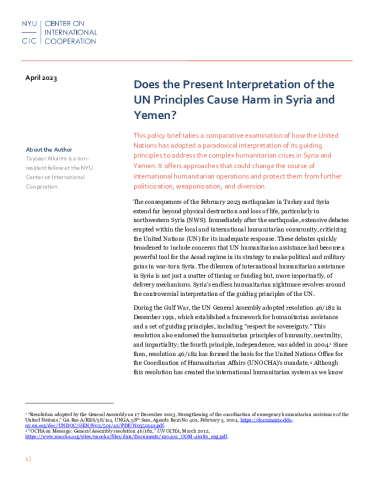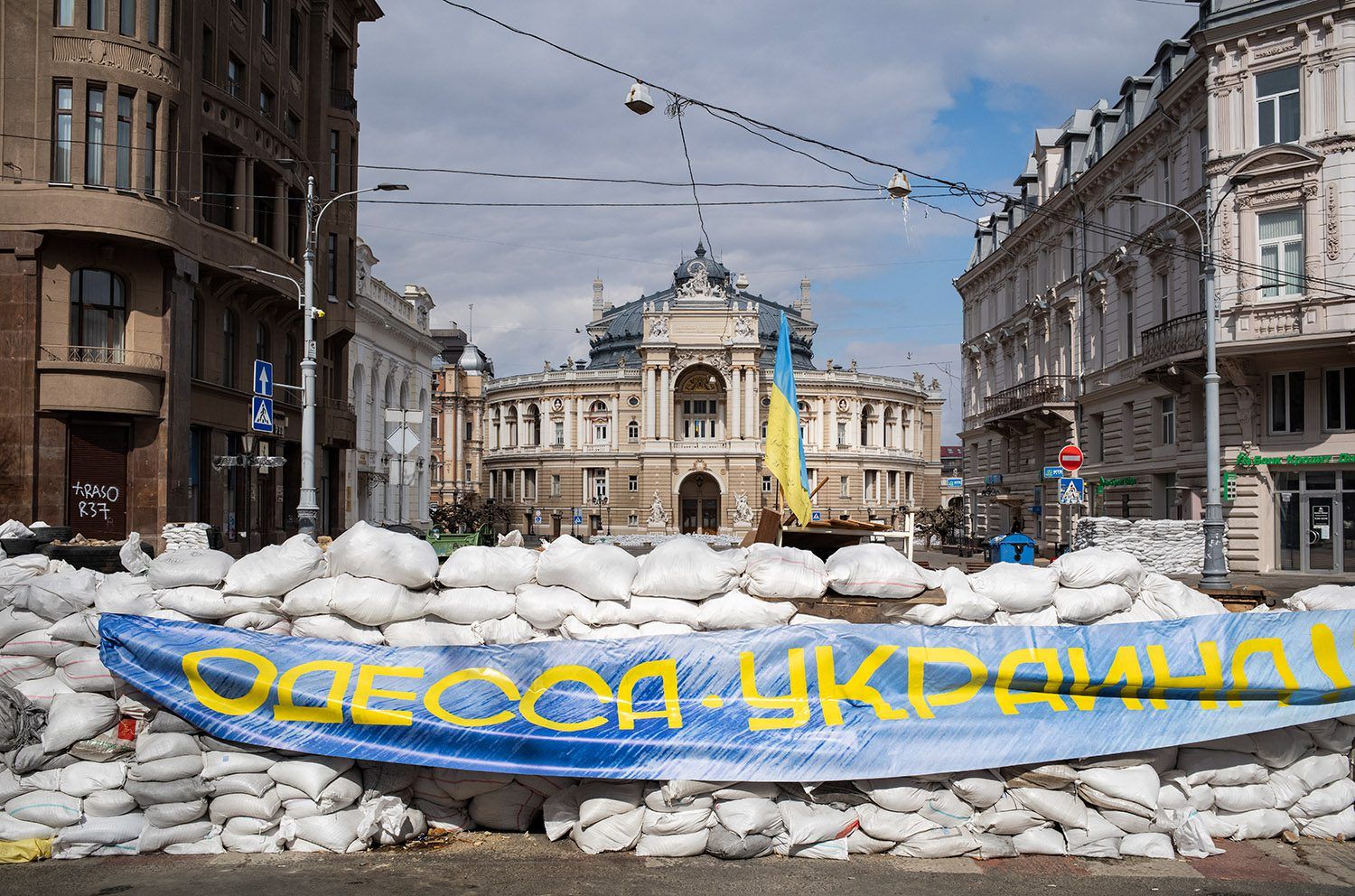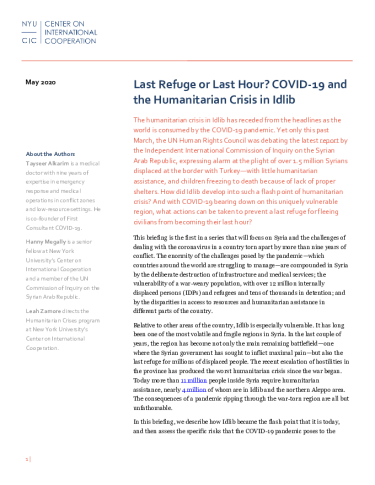This policy brief takes a comparative examination of how the United Nations has adopted a paradoxical interpretation of its guiding principles to address the complex humanitarian crises in Syria and Yemen.
It offers approaches that could change the course of international humanitarian operations and protect them from further politicization, weaponization, and diversion.
The consequences of the February 2023 earthquakes in Turkey and Syria extend far beyond physical destruction and loss of life, particularly in northwestern Syria (NWS). Immediately after the earthquake, extensive debates erupted within the local and international humanitarian community, criticizing the United Nations (UN) for its inadequate response. These debates quickly broadened to include concerns that UN humanitarian assistance had become a powerful tool for the Assad regime in its strategy to make political and military gains in war-torn Syria. The dilemma of international humanitarian assistance in Syria is not just a matter of timing or funding but, more importantly, of delivery mechanisms. Syria’s endless humanitarian nightmare revolves around the controversial interpretation of the guiding principles of the UN.






